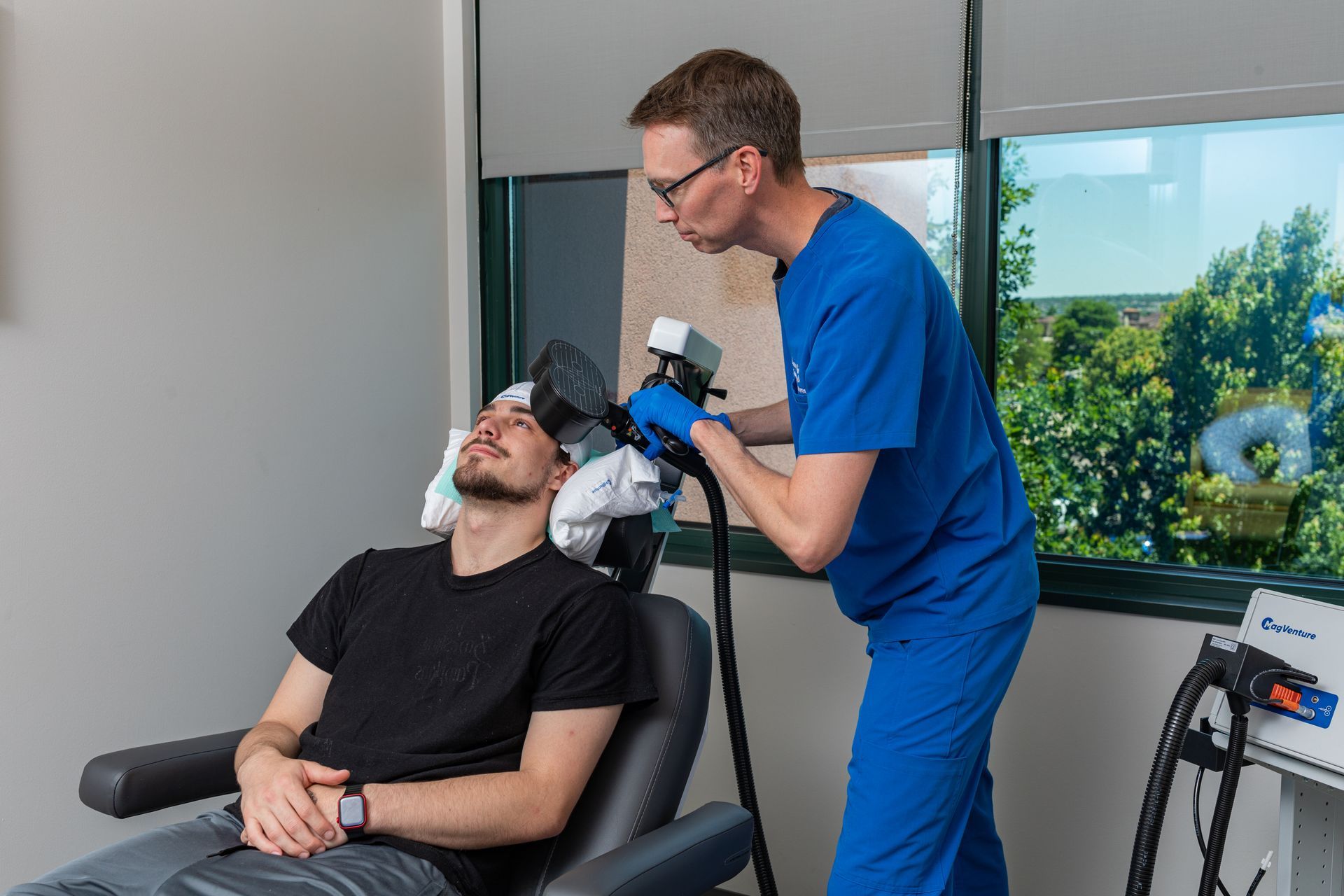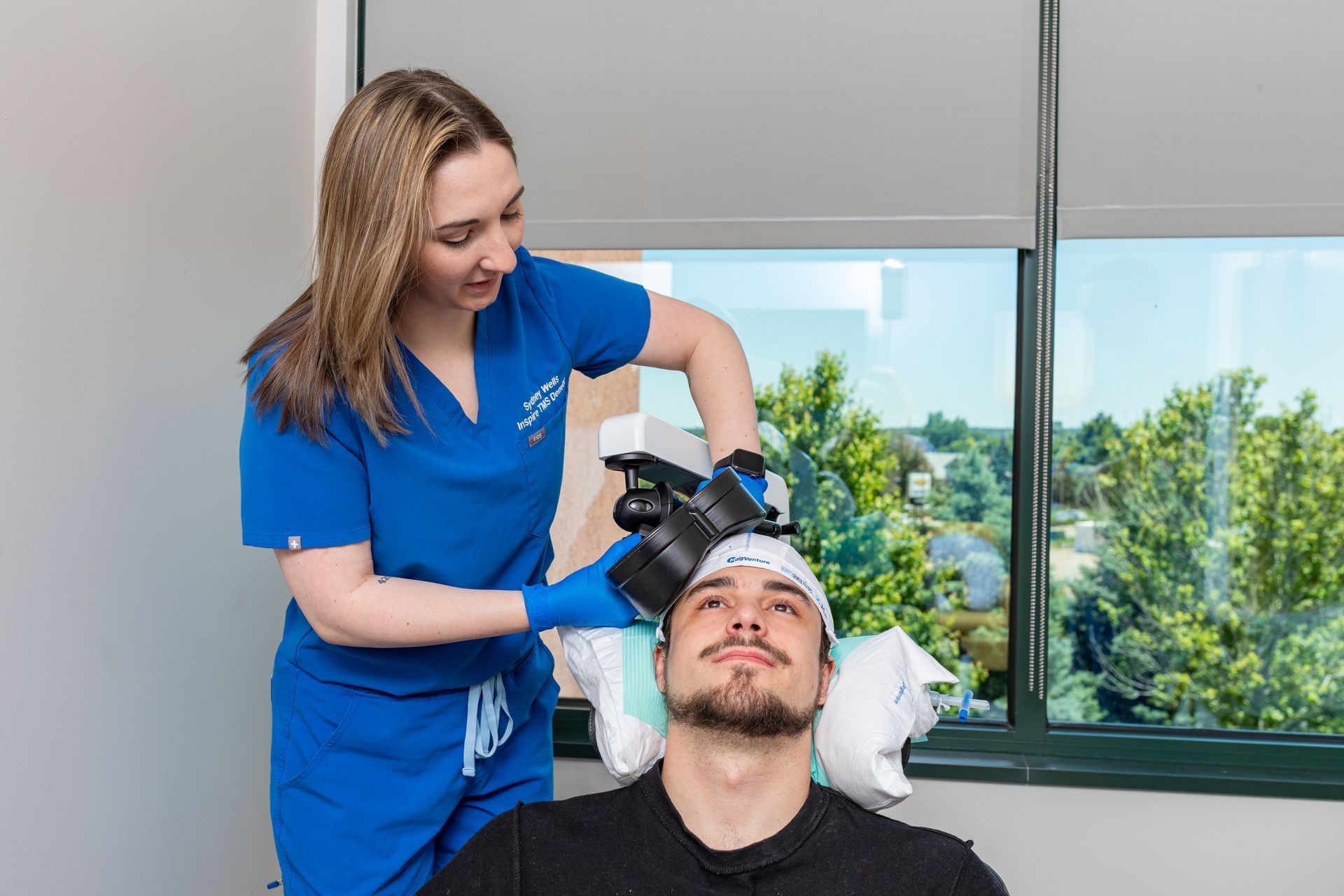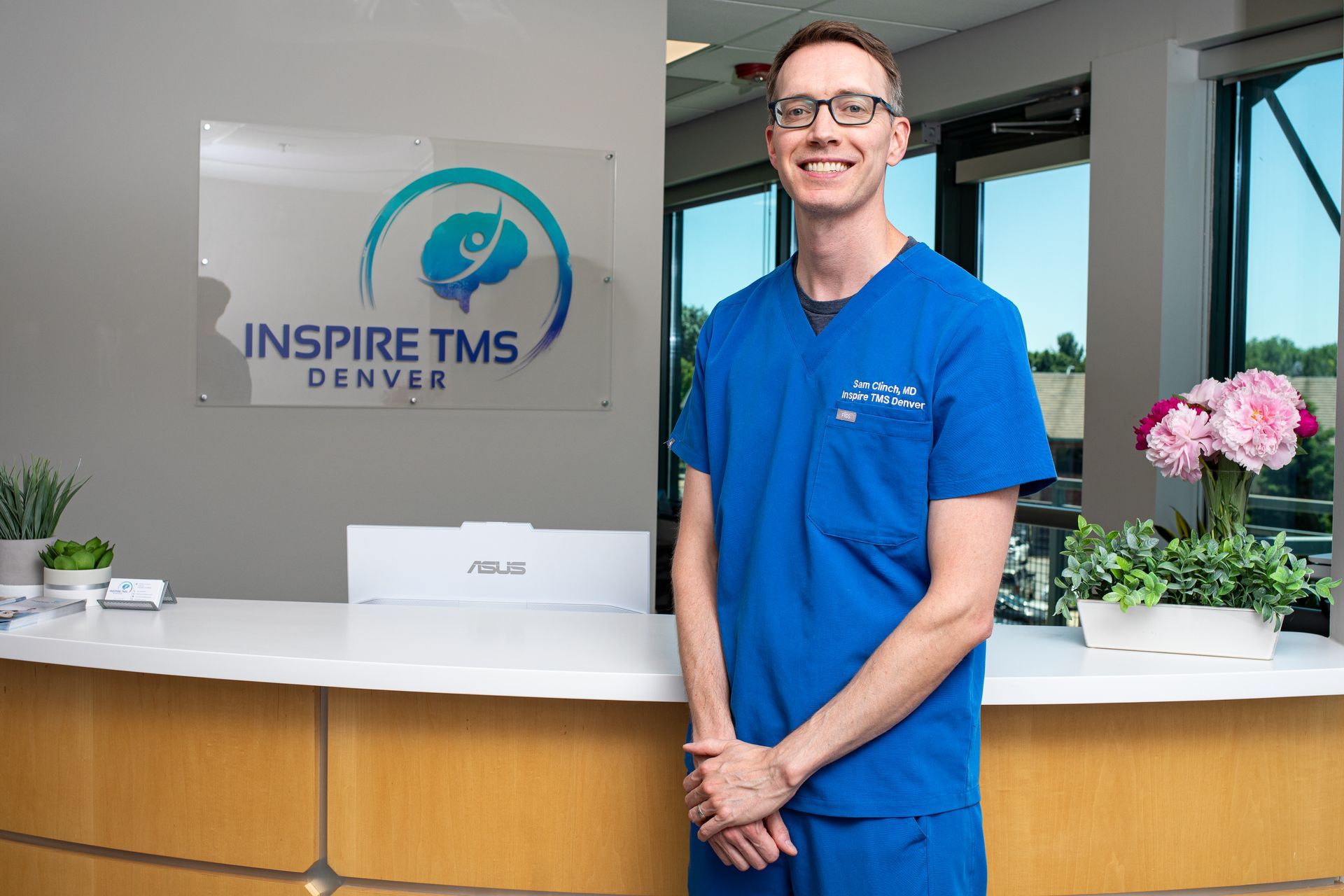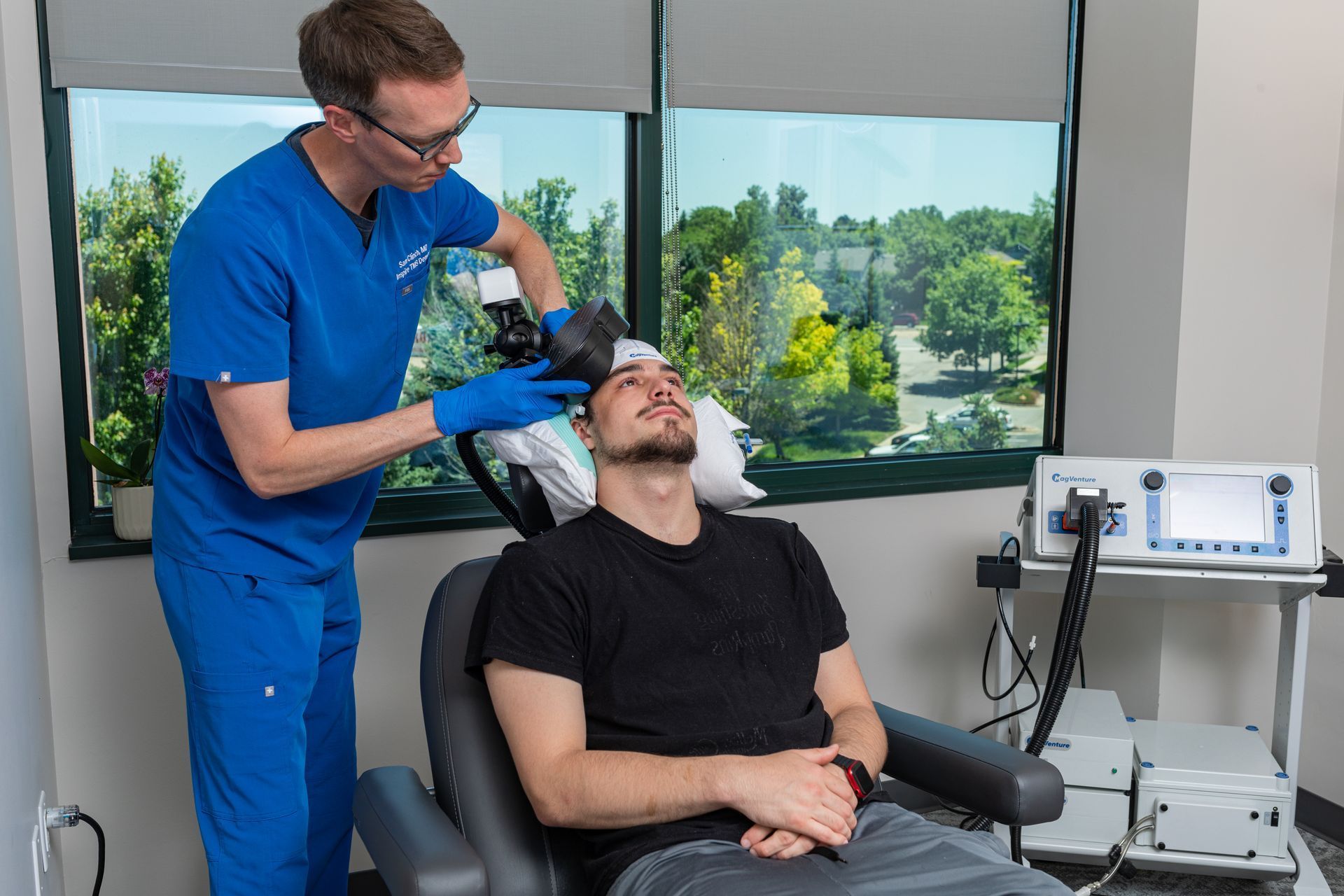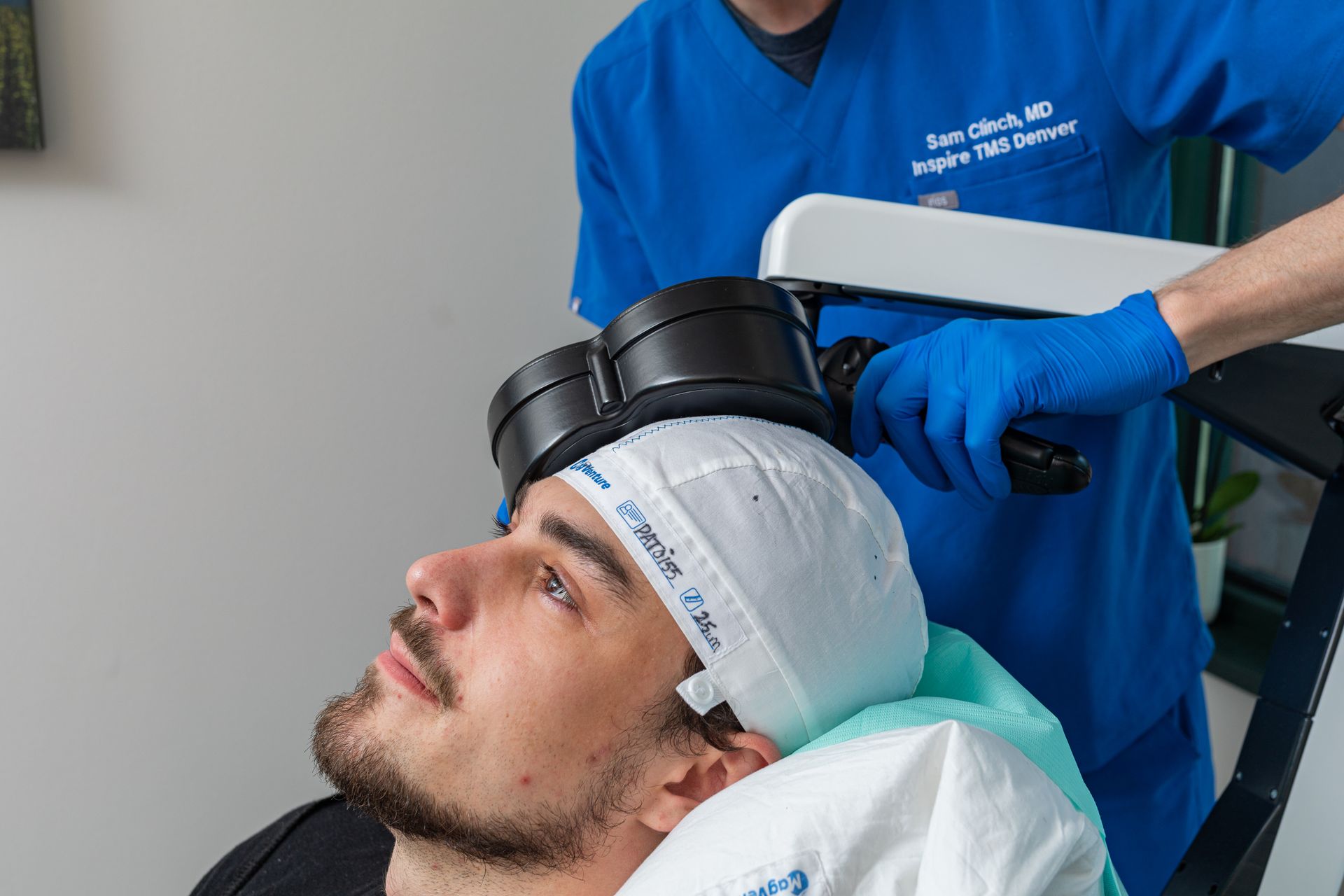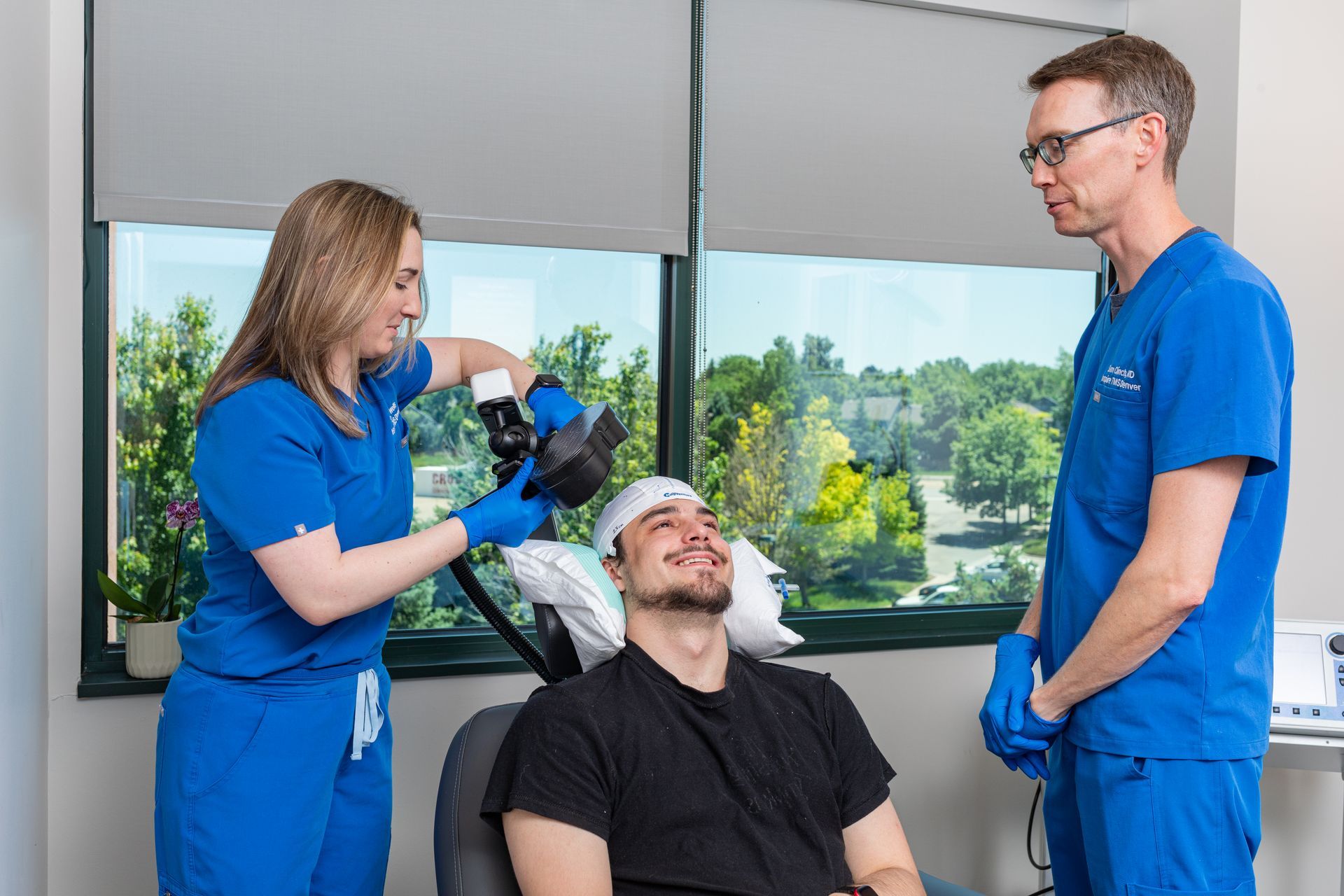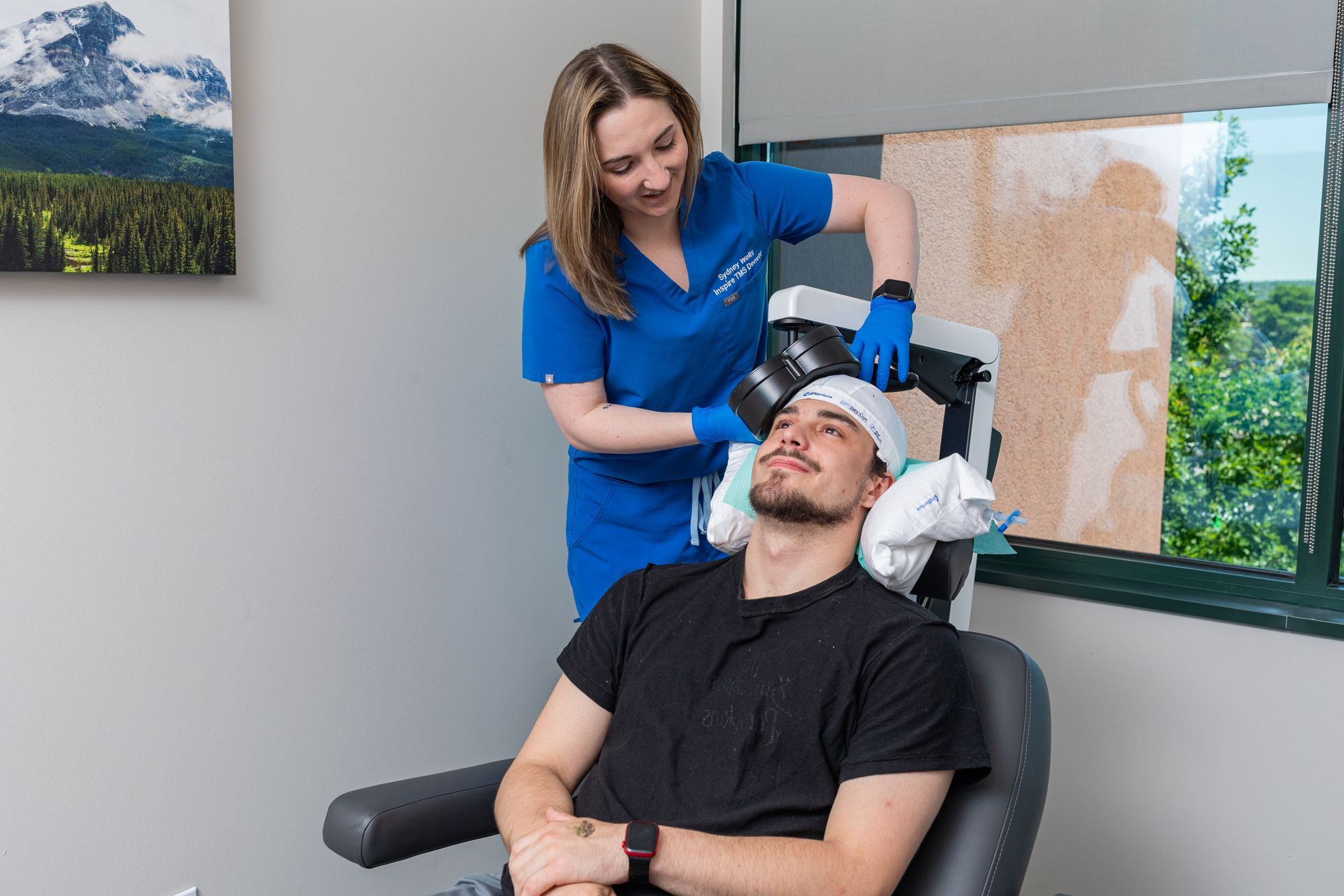Sleep and Depression: Setting Yourself Up for Success
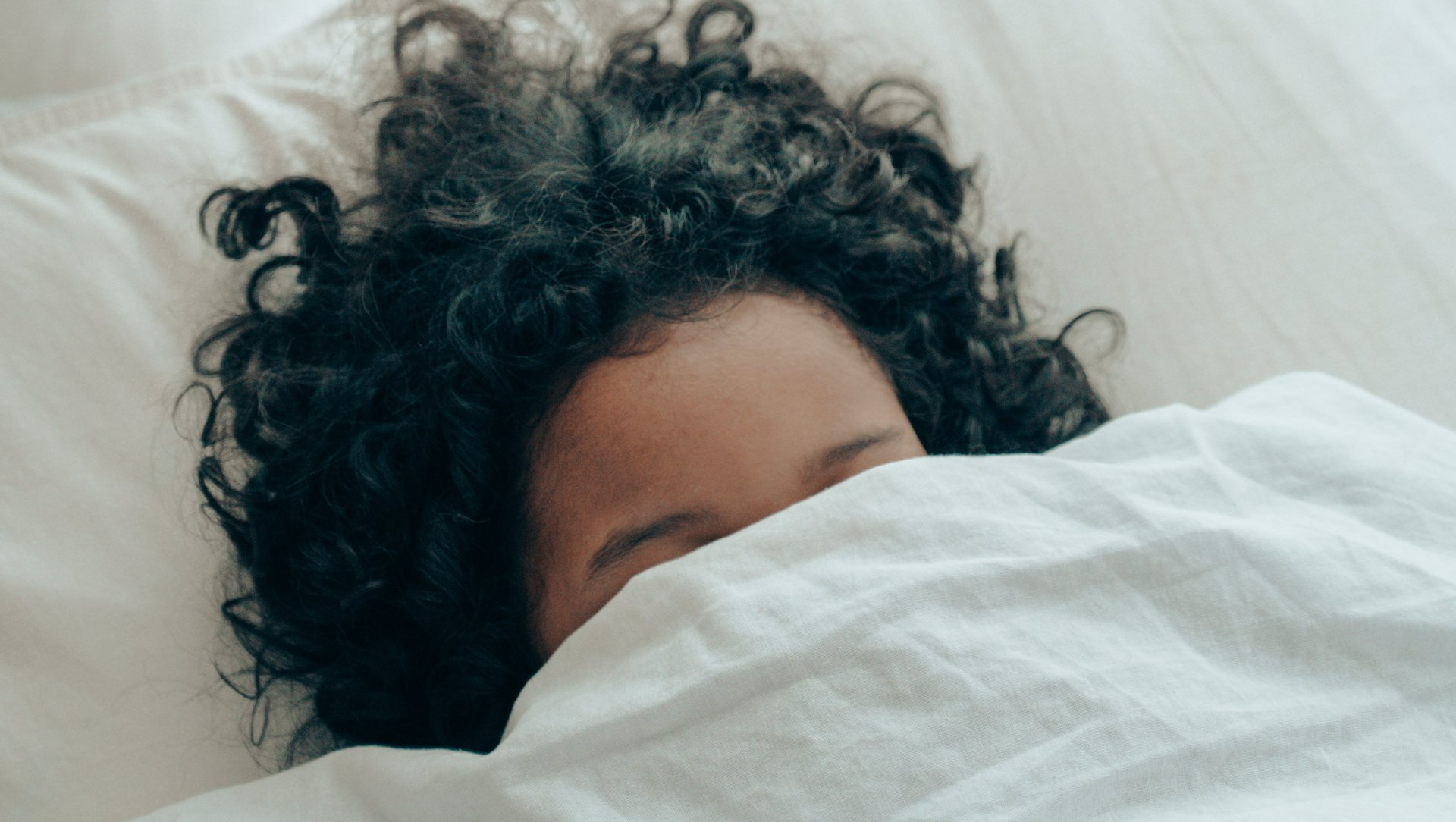
Here are the foundational steps to optimal sleep hygiene according to The American Sleep Association (asa.org, 2022):
Maintain a regular sleep routine
This means going to bed and waking up at the same time everyday, even on the weekends. This trains your body to get back into its natural sleep/wake cycle. Drastic time changes such as traveling to different time zones with a time difference of 2 or more hours can cause strain on your body’s circadian rhythm, so be aware when traveling and try to maintain sleep routines as much as possible when traveling.
Avoid daytime naps
Napping during the day disrupts your body’s circadian rhythm, which has been shown to trigger or intensify episodes of depression. Daytime napping also decreases your body’s ‘sleep debt’, making it more difficult to fall asleep or stay asleep at night, which could lead to sleep fragmentation or insomnia. Our bodies need only a certain number of hours of sleep each day, no less, no more, so sleeping more is not necessarily a good thing and can potentially contribute to depressive symptoms.
Don’t stay awake in bed for more than 15-20 minutes.
If you find yourself lying in bed, unable to fall asleep for more than 15 to 20 minutes, get up and relocate somewhere else while remaining in the dark. You can sit in a chair or stretch on the floor in the dark until you feel sleepy enough to return to bed. Avoid the temptation to look at your phone or watch TV. This will just stimulate you and make it harder to fall asleep again. The American Sleep Association (ASA) states that it is ok if you have to do this several times a night, just maintain your regular wake time and avoid naps during the day. If you’re a clock-watcher, hide the clock or turn it around. Clock-watching only increases anxiety making sleep onset more difficult.
Don’t watch TV, read, or use the computer in bed.
The bed is reserved for sleeping and intimacy. Doing other activities in the bed will cause your brain to associate the bed with wakefulness rather than sleep. The blue light that is emitted from your TV, computer, or phone can disrupt your circadian rhythm, so using a pair or blue light blocking glasses 2 hours before bedtime has been shown to improve quality and duration of sleep. There are also often blue light settings on your phone or other electronic devices that can be programmed to turn blue light off in the late afternoon or early evening each day.
Avoid caffeine, alcohol and other disruptive substances late in the day.
Caffeinated beverages such as coffee, tea and soda, if consumed in the afternoon, can make it difficult to fall asleep or cause disrupted sleep. The half-life of caffeine is approximately 3-5 hours. The half-life of a drug means the time it takes for your body to eliminate half of the drug from your body. This means that if you consume 200 mg of caffeine at 1 pm, at 6 pm you can still have 100 mg of caffeine in your body, and still 50 mg of caffeine at 11 pm.
Avoid other substances like alcohol, nicotine and over-the-counter medications that are known to disrupt sleep patterns before bed. The rule of thumb for alcohol is to stop consuming alcohol at least 4 hours before bedtime.
Exercise
Getting regular exercise not only decreases depression by boosting endorphins, increasing blood flow, and boosting self esteem, it also improves your sleep. Even small amounts of low impact exercise can have positive effects on your mood. Just be cautious not to exercise too close to bedtime, as the rise in endorphins can make it difficult to fall asleep.
Create a soothing environment
Your bedroom should be cool, quiet, and dark. Setting your thermostat to be cooler at night (between 65-68 degrees Fahrenheit) is more conducive to good sleep than a bedroom that is too warm. Turn off anything that makes noise such as the TV that will disrupt your sleep. If you live near a busy street, turning on a white noise machine or fan to drown out any disruptive noises may be helpful. If your partner snores, or the street noise is too loud, invest in some natural beeswax earplugs. They can be a lifesaver when traveling in noisy hotels too. If your pets wake you, keep them in a kennel or outside of the bedroom. Turn off any excess lights and use blackout curtains. Your bedroom should be as dark as possible.
Create a soothing bedtime routine
30 minutes before bedtime, start turning down the lights and turning off electronics. Maybe listen to soothing music, stretch, read, or whatever helps you to wind down and relax. Take a warm bath or shower, have a cup of hot decaffeinated herbal tea, and meditate or have some quiet time. The wonderful part is that you get to choose your own routine and whatever helps you to relax and prepare for a good night’s sleep. Whatever you choose, just stick to it. Staying consistent will help train your brain to recognize your routine as a signal for sleep.
Having good sleep hygiene is important to establishing or maintaining healthy sleep habits. If you have a bad night or get frustrated, it’s ok. Just stick with it. You will adjust with time and consistency. Good sleep hygiene can improve depressive symptoms, cause less daytime fogginess, and improve energy. This is well worth the initial adjustment period as you get used to a new sleep routine.
If you have already established good sleep hygiene practices and are still struggling with poor sleep or insomnia due to depression or anxiety, TMS may be a good solution. Studies have shown transcranial magnetic stimulation (TMS) to be highly effective in resolving insomnia, depression, and anxiety. Check out our page on
TMS Therapy for Sleep Disorders →
If you are interested in learning more about how TMS can help you, check out our website and schedule a free consultation with our doctor!
click here →

Every Question Answered
Want to know more about TMS? Check out this in-depth guide to TMS therapy with transparent and easy to understand explanations about TMS processes, protocols, and treated conditions.
Latest Posts
